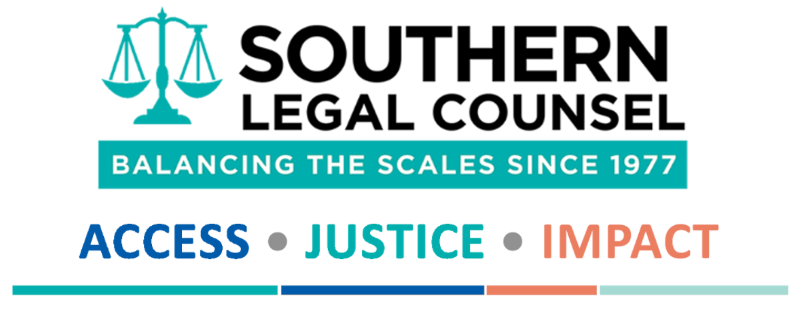Supported Decision-Making can be formalized in what is called a Supported Decision-Making Agreement (SDMA). In the SDMA, the adult with developmental disabilities (known as the “decision-maker”) can say what things they want support with, like money, health, education, or housing. They can also say who they want to support them (“supporters”) and how they do and do not want to be supported.
For example, a decision-maker named Carla asks her uncle to be her supporter and help her decide where to live. Carla and her uncle agree that he will help her make a list of things she wants in an apartment, find a realtor, visit apartments, and set up automatic rent payments. Carla also asks her uncle for help telling the landlord about repairs that are needed.
For example, a decision-maker named Carla asks her uncle to be her supporter and help her decide where to live. Carla and her uncle agree that he will help her make a list of things she wants in an apartment, find a realtor, visit apartments, and set up automatic rent payments. Carla also asks her uncle for help telling the landlord about repairs that are needed.
What kind of assistance can you provide using Supported Decision-Making?
As a supporter, you can assist your adult child with developmental disabilities with making informed decisions in the following ways:
You can watch videos on how decision-makers Skye, Conner, Ben, John, Gabby, and Carl use SDM.
- Helping them understand and explore options
- Explaining the risks and benefits of options
- Assisting with getting information
- Giving guidance and ideas
- Helping them communicate and carry out a decision
You can watch videos on how decision-makers Skye, Conner, Ben, John, Gabby, and Carl use SDM.

